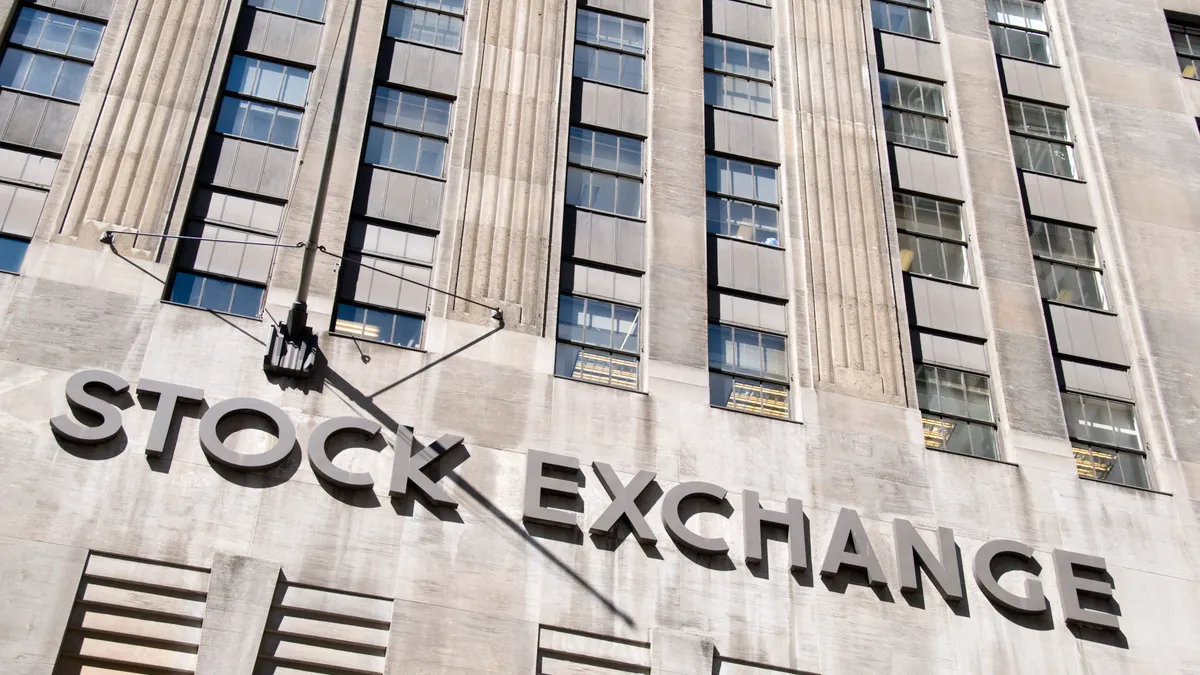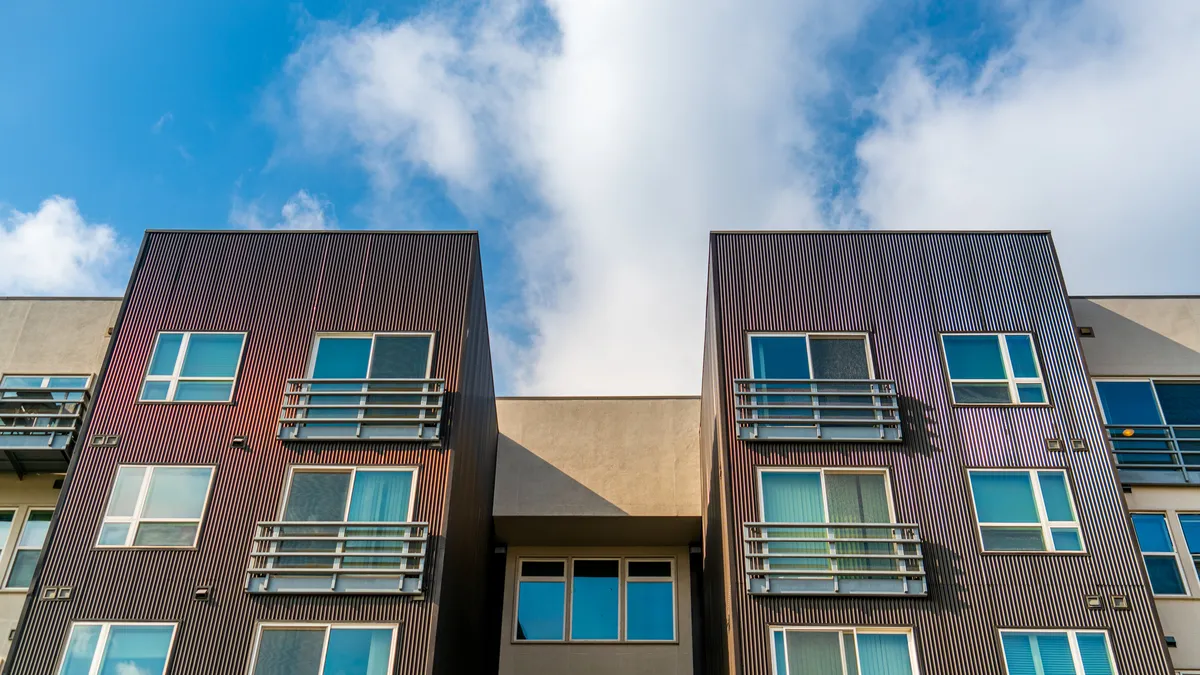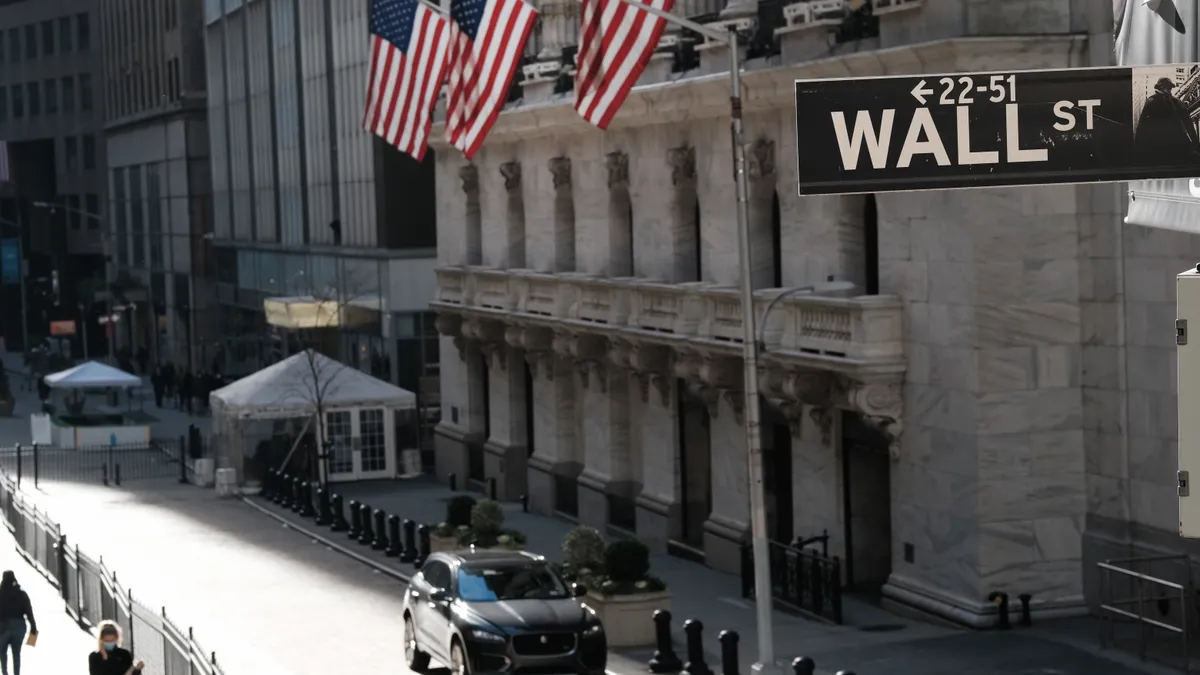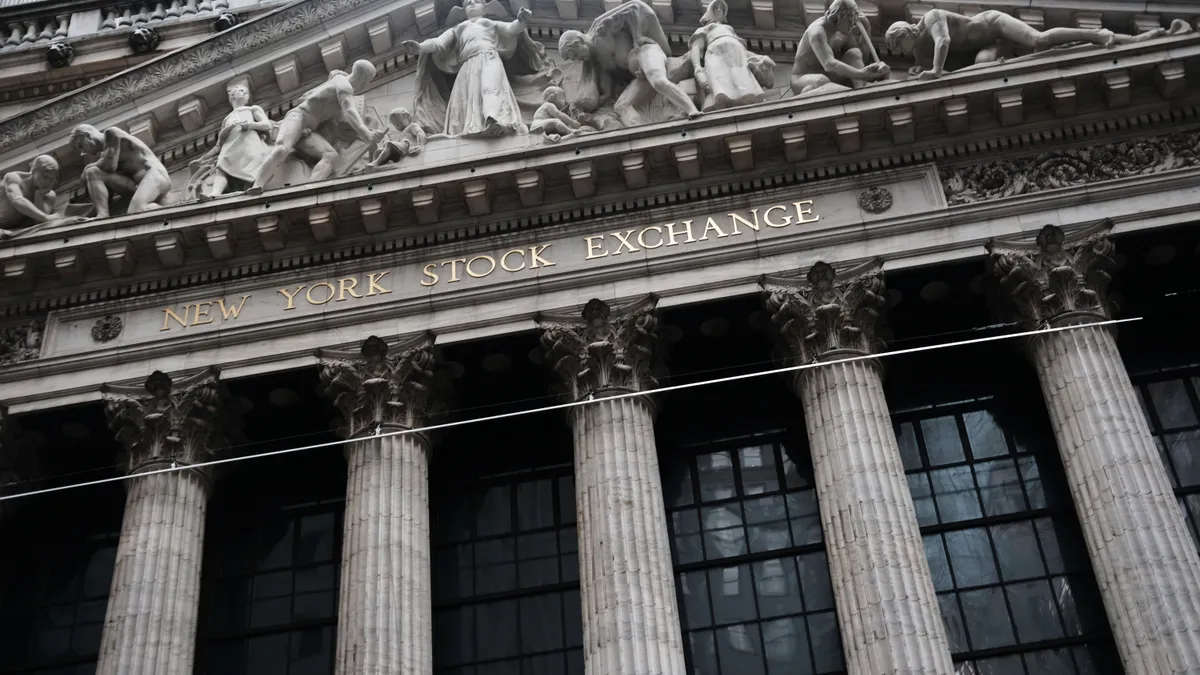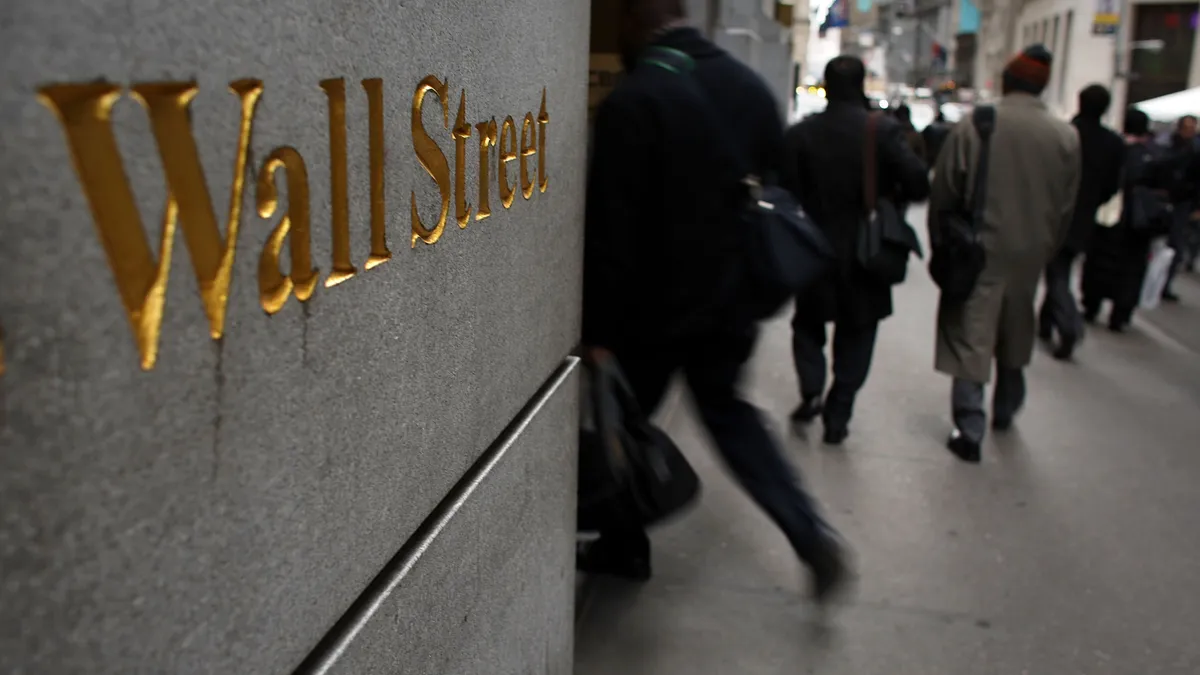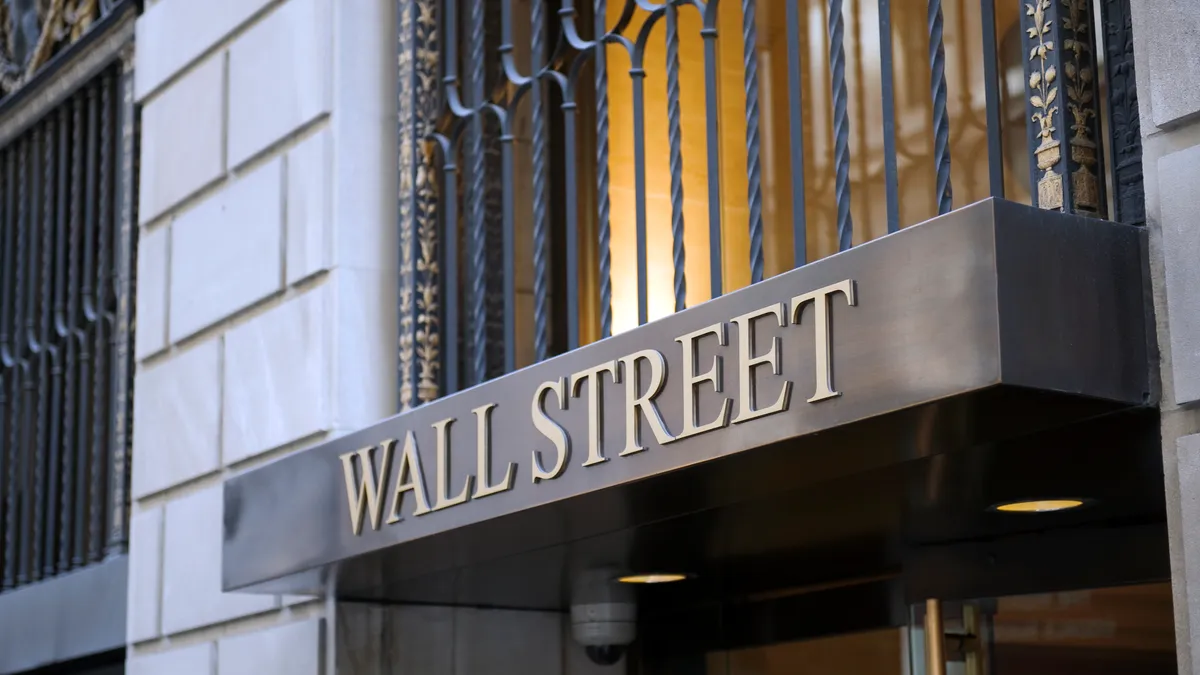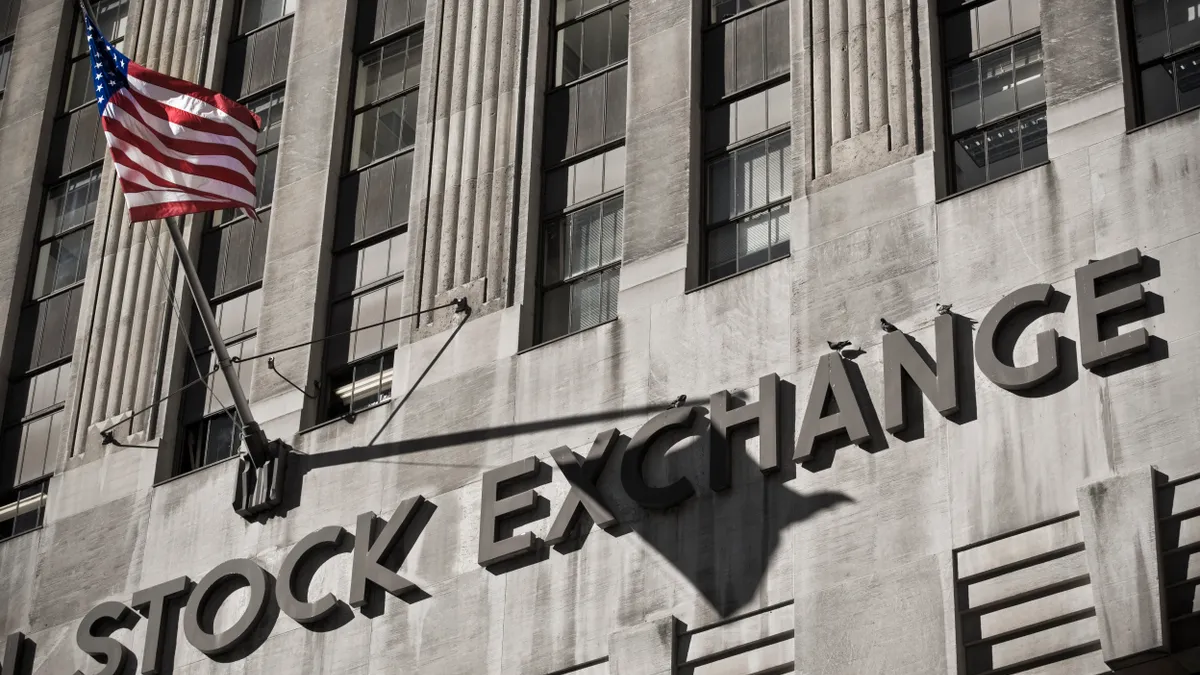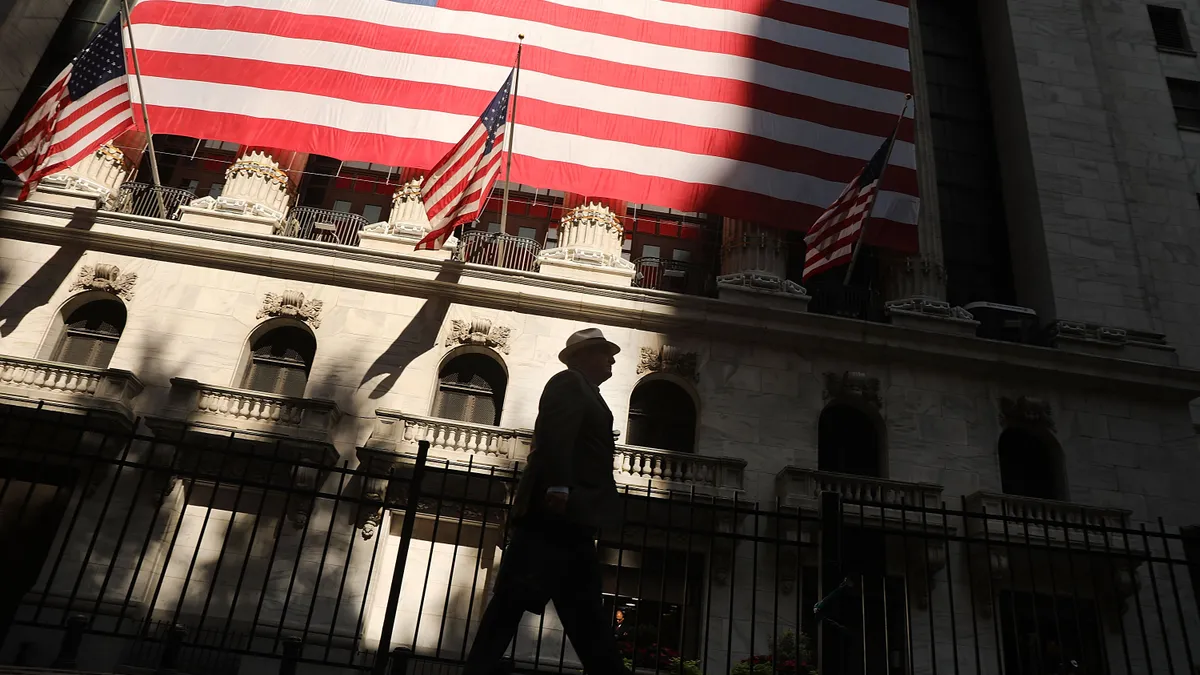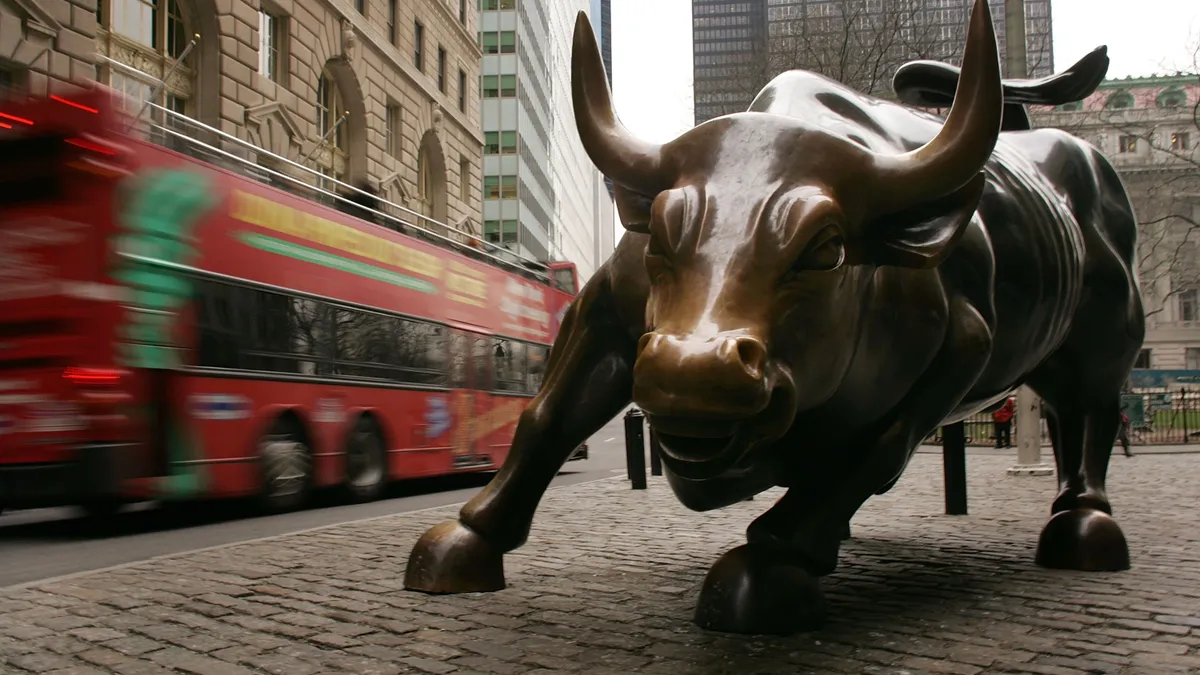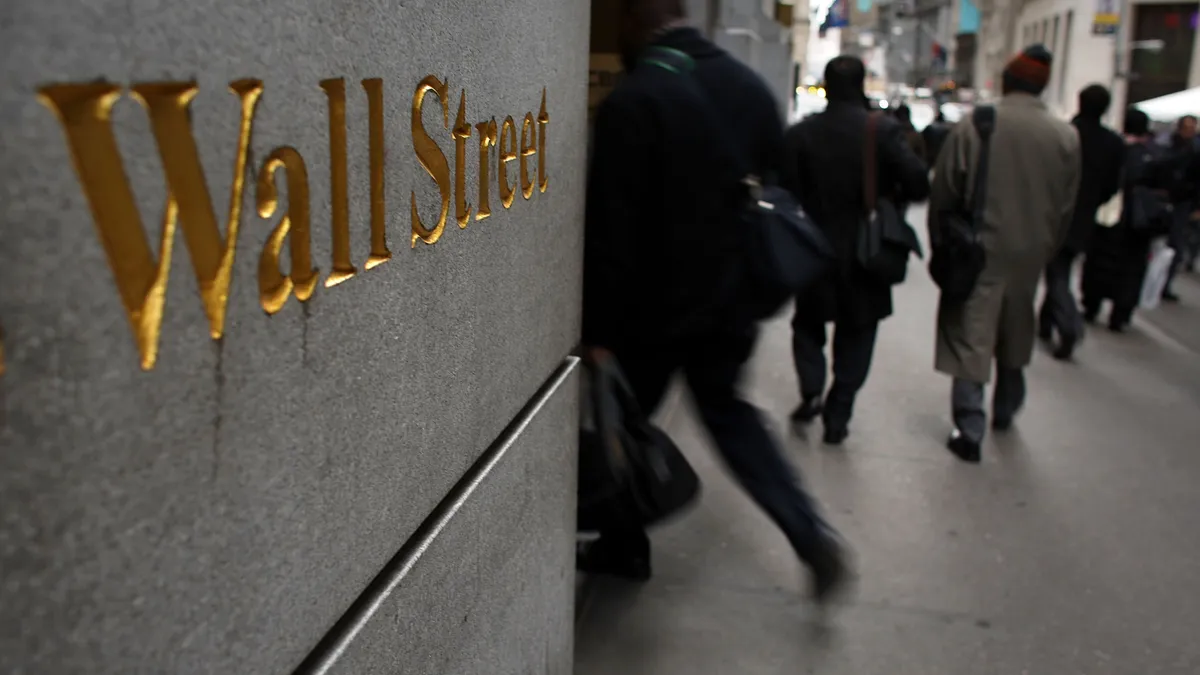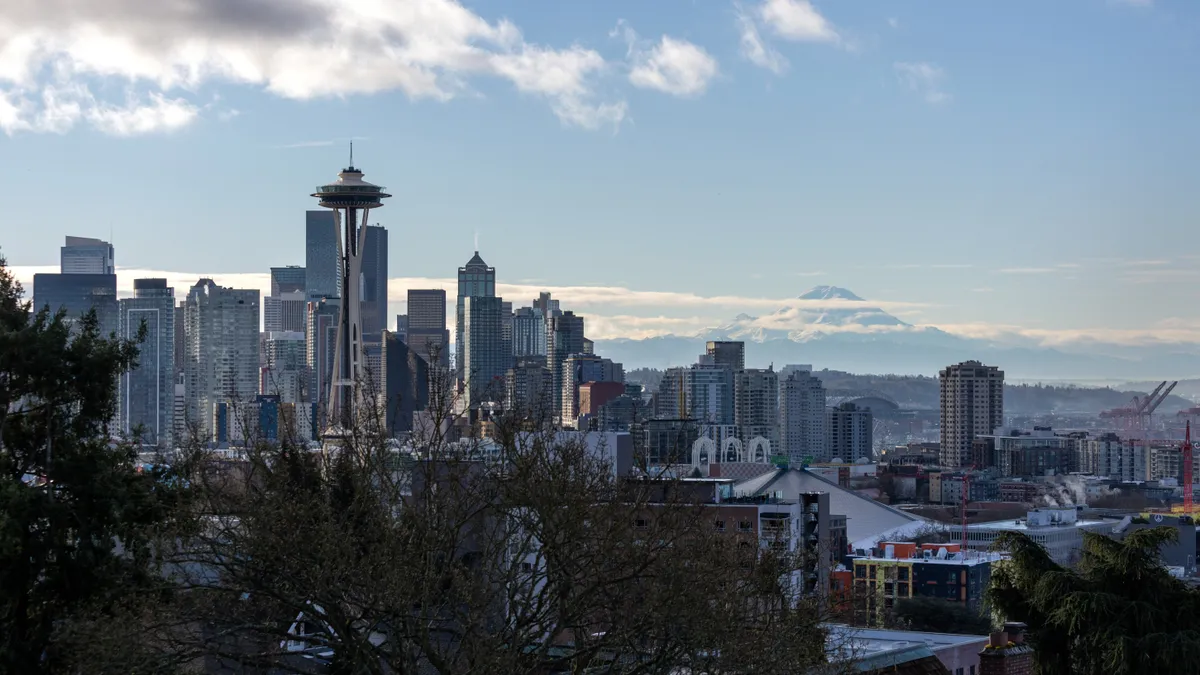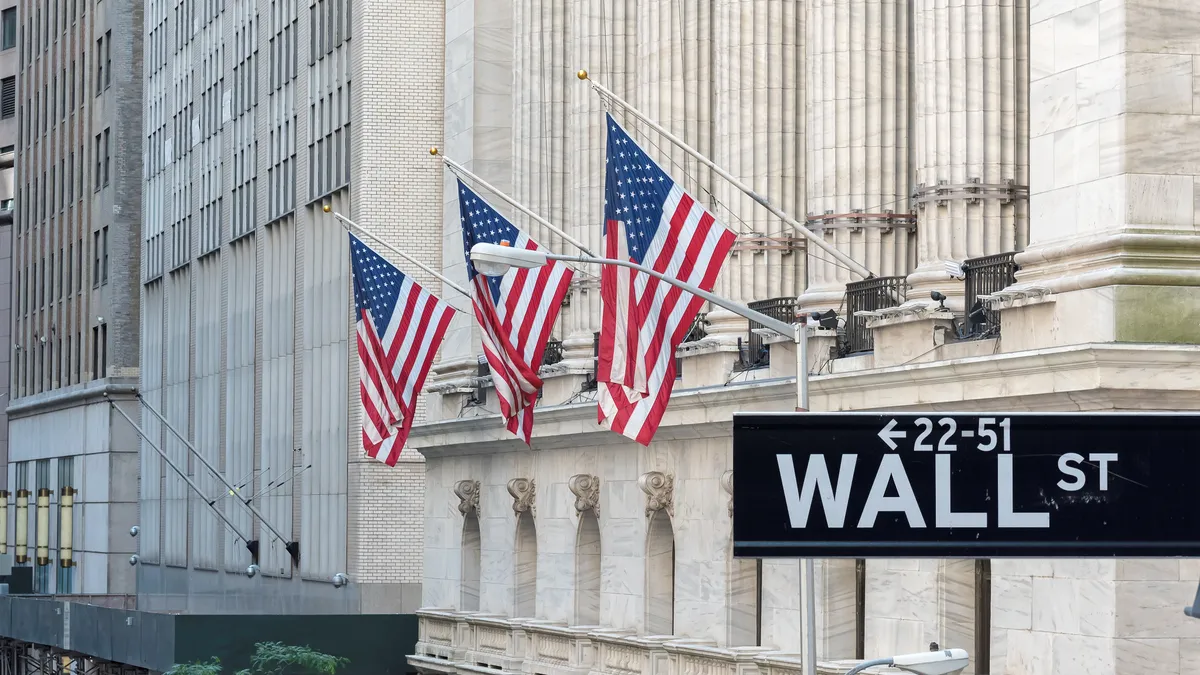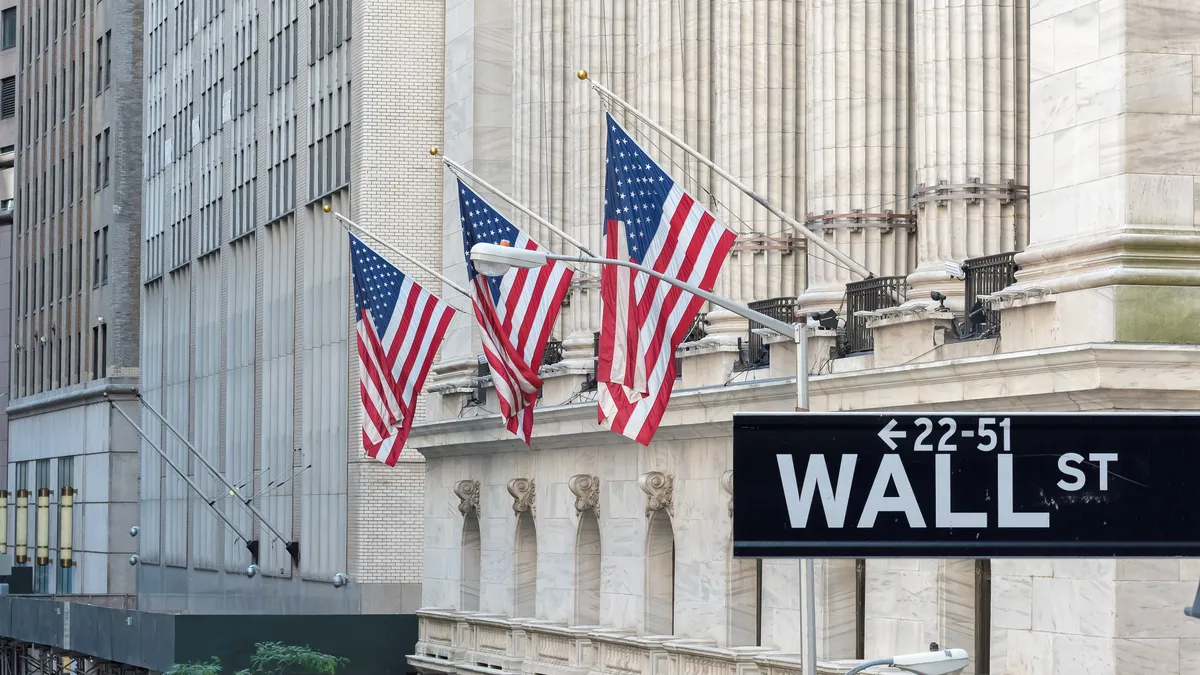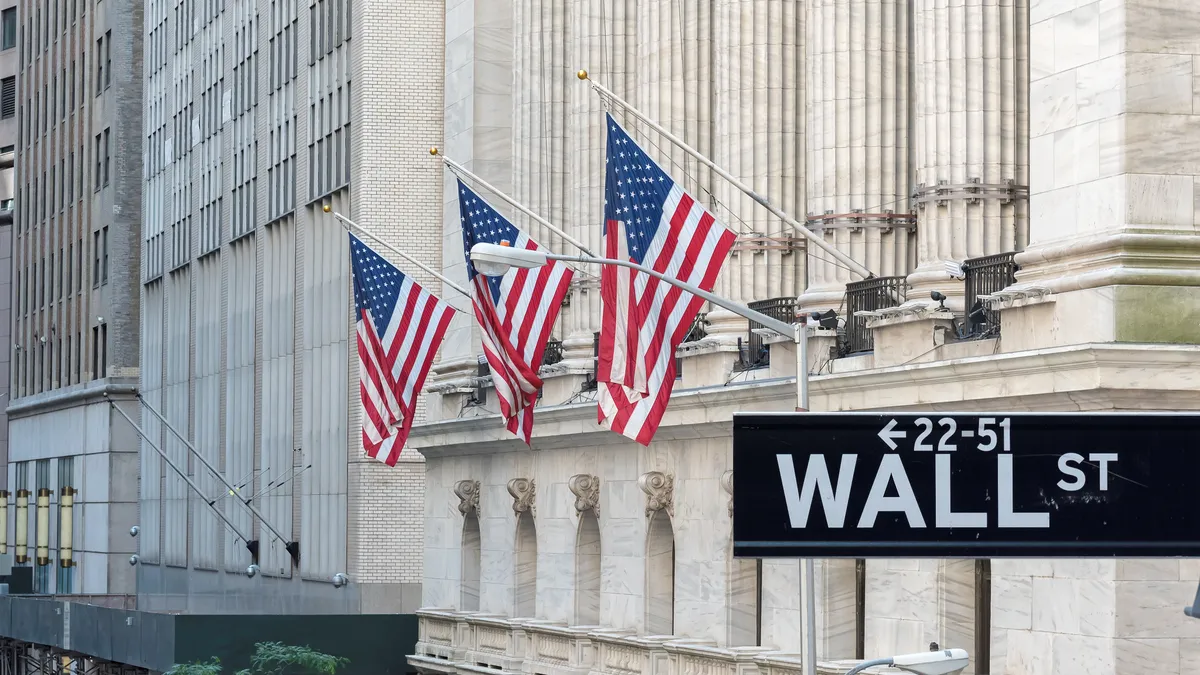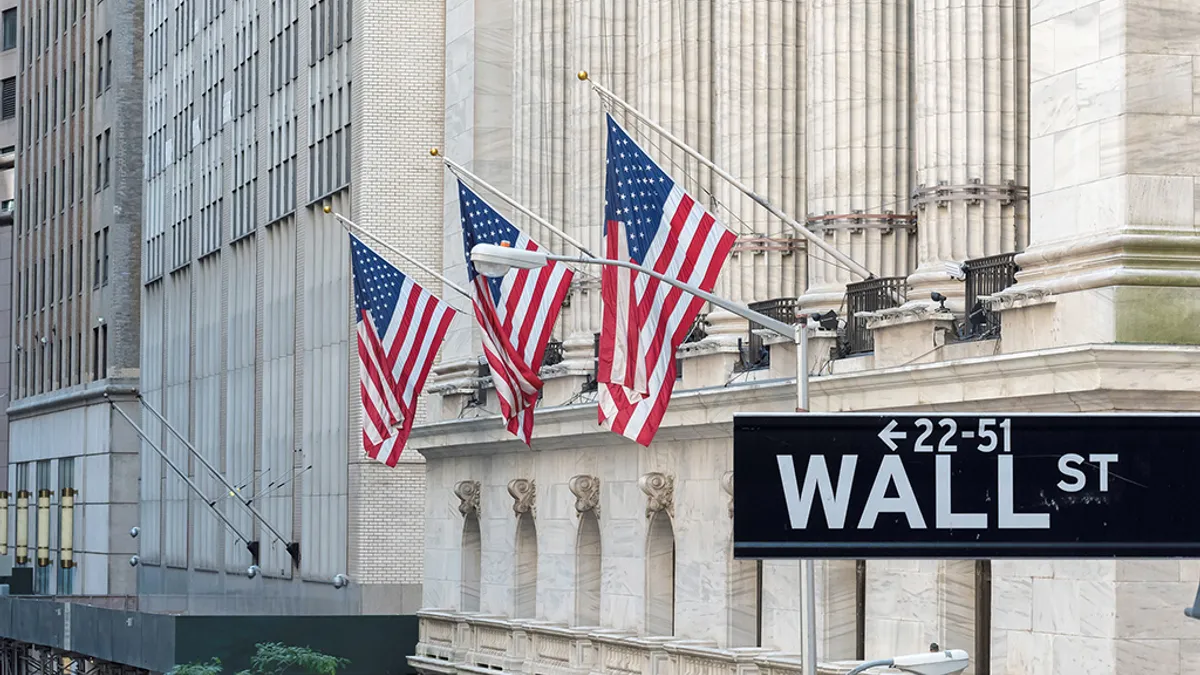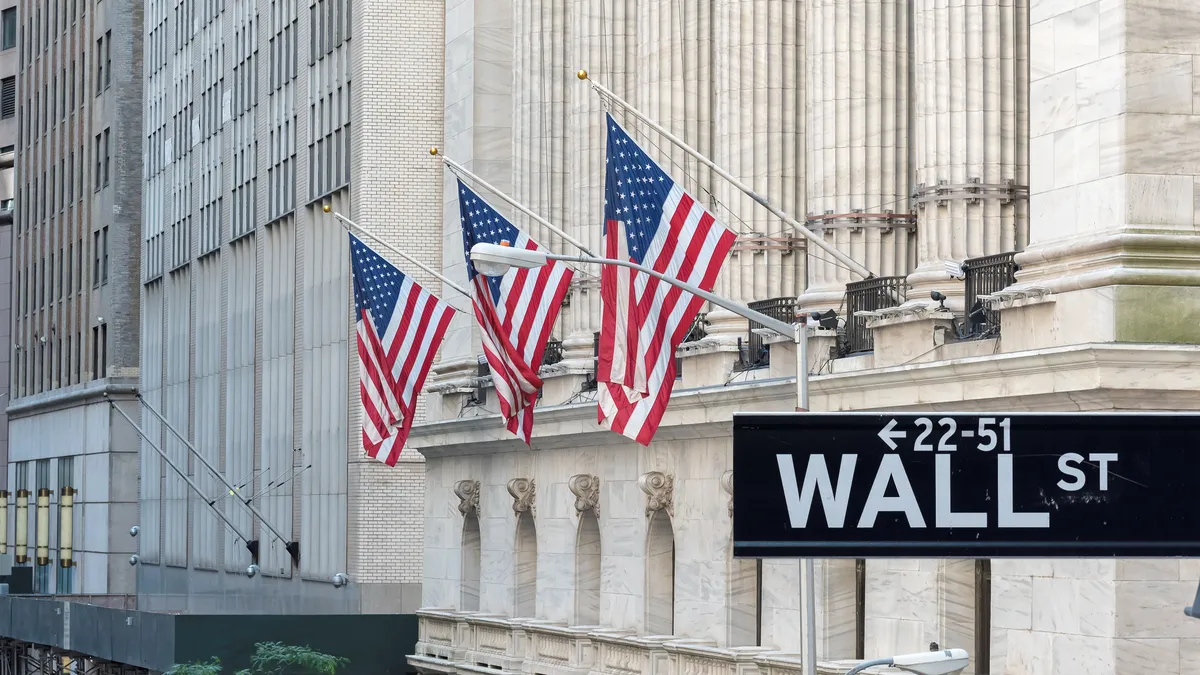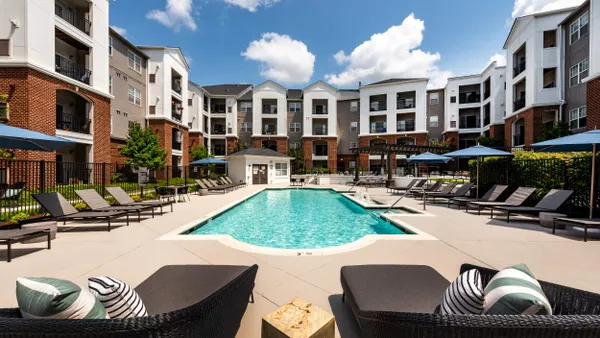AvalonBay Communities continued to face issues with bad debt, but that didn’t stop the Arlington, Virginia-based REIT from beating expectations in the second quarter of 2024.
“While AVB's guidance increase isn't as big as last quarter, the changes in assumptions versus [guidance] initially provided back with Q4 2023 earnings are seen in the 170 basis point increase in same-store NOI [net operating income] and $4 million [10%] improvement in development NOI,” wrote Alexander Goldfarb, managing director and senior research analyst for investment bank and financial services company Piper Sandler in a report.
As it released its Q2 earnings, AVB raised its 2024 outlooks for funds from operations per share and same-store residential revenue and NOI as it continued to see strong demand.
“Our operating momentum through the first half of the year has been driven by better-than-expected demand, with our core renter, the knowledge-based worker, in a relatively strong position right now,” AVB CEO Ben Schall said on a Q2 earnings call earlier this month. “Sectors of the economy that encompass our core customers are at effectively full employment, with stable jobs and income prospects.”
Here are three more takeaways from AVB’s earnings report and investor call.
Low turnover drives rents
Schall pointed out that AVB benefits from a lack of inventory and availability in for-sale housing and, unlike many of its peers, from low levels of new supply in the REIT’s suburban coastal markets. Given those factors, the company's resident turnover is well below historical norms, according to Sean Breslin, AVB’s chief operating officer.
“In Q2 specifically, turnover was down 600 basis points year over year, or roughly 12%, and was lower than last year in every region,” Breslin said. “Lower turnover supported relatively stable occupancy to grow higher rent change as we moved through the quarter.”
Lower turnover helped push AVB’s same-store effective rents up 3.7% in Q2. “As expected, our East Coast regions delivered the strongest rent change in Q2 at 4.2%, with our Mid-Atlantic portfolio leading the way at roughly 5.5%,” Breslin said.
AVB expects the East Coast to continue leading the Sun Belt and West Coast through the second half of 2024.
AVB’s bad debt blunted some of its rental momentum in Q2. “We're still expecting bad debt to average roughly 1.7% for the full year 2024 at approximately 60 basis point improvement from 2023,” Breslin said. “As we've stated previously, prepandemic bad debt for our portfolio was 50 to 70 basis points.”
Expense growth moderates
Like some REIT peers, AVB continues to work through the transformation of its operating model.
“Our collective set of initiatives, from our investments in technology and centralization to our reimagined operating neighborhoods, are driving meaningful operating efficiencies and allowing us to drive healthy increases in ancillary revenue streams,” Schall said.
AVB’s payroll costs declined year to date and are expected to grow at roughly 1% for 2024 due to a reduction in on-site positions, according to Breslin. He indicated it was well below the average merit increase of approximately 4%.
“These reductions relate to the enhanced efficiency of our teams, which is supported by our digital efforts and enabled by our new labor strategy,” Breslin said.
Even though AVB is harvesting value from its operating platform, CFO Kevin O'Shea said it could see a seasonal uptick in operating expenses in Q3, particularly in redecorating, utilities and marketing. However, those increases should subside in Q4.
Growth opportunities
Many apartment developers have put their shovels away over the last year. AVB isn’t among that group. In Q2, it completed three projects totaling 901 apartments, but it started three other developments comprising 903 apartments and 6,000 square feet of commercial space.
“We now expect to break ground on nine new communities this year for a total projected capital cost of $1.05 billion with the vast majority of these starts in either expansion regions or the Northeast and almost exclusively in suburban submarkets,” said Matthew Birenbaum, AVB’s chief investment officer, on the call.
At the end of Q2, AVB currently has 17 active developments expected to contain 6,066 units and 65,000 square feet of commercial space. The REIT controls a total development rights pipeline of roughly $4.5 billion, giving it plenty of opportunities for growth.
AVB sold five properties for aggregate sales proceeds of $514 million. “All of these dispositions were in our established coastal regions, and they priced at a weighted average cap rate of 5.1%, reflecting an average price per home of $475,000,” Birenbaum said.
In Q2, AVB bought a 300-unit property in Lewisville, Texas, for $62 million. In July, it acquired two more assets in its expansion markets — a 252-unit property in Morrisville, North Carolina, for $67 million and a 306-unit property in Edgewood, Colorado, for $95 million.
BY THE NUMBERS
| Category | Q2 | YOY Change |
| Total revenue | $672.9 million | 3.2% |
| Net operating income | $462.1 million | 3.0% |
| Operating expenses | $204.1 million | 3.8% |
| Funds from operations | $2.75 | 3.0% |
| Average rent | $2,989 | 3.2% |
| Economic occupancy | 96.0% | 0 bps |
SOURCE: AvalonBay
“Our asset trading activity continues to move us closer to our long-term portfolio allocation goals of having 25% of our portfolio in expansion regions and 80% in suburban submarkets,” Birenbaum said.
Click here to sign up to receive multifamily and apartment news like this article in your inbox every weekday.



